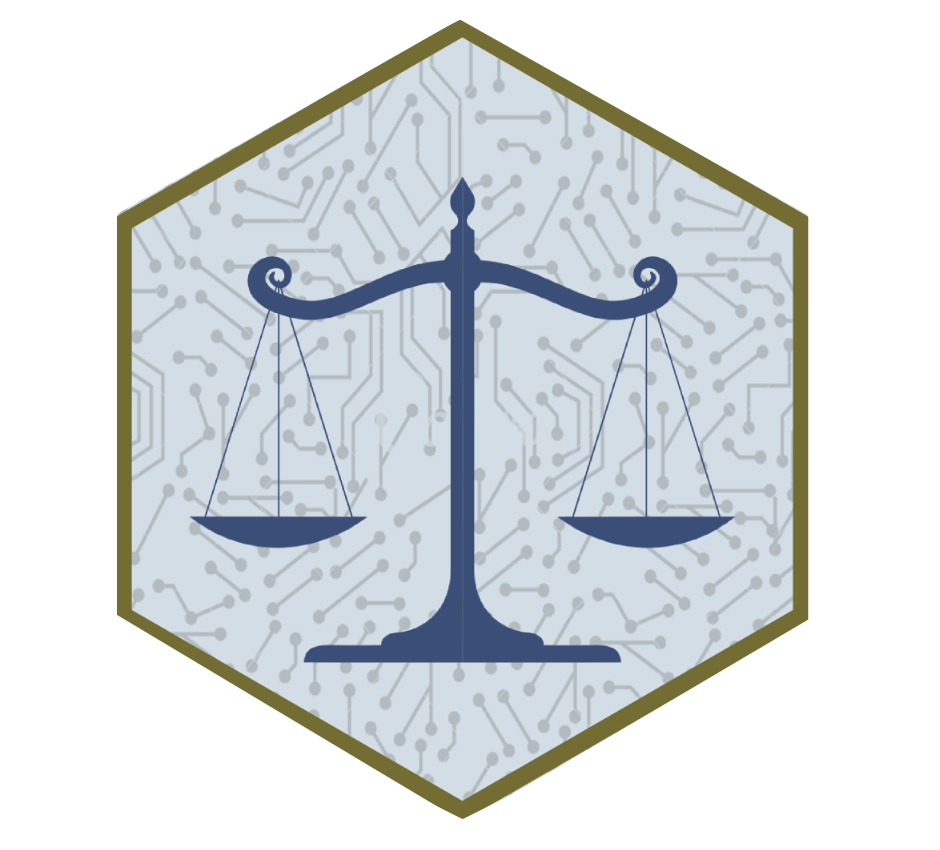Privacy Readings
Additional Privacy Readings
Primary Privacy Readings’ References
Acquisti, A., Brandimarte, L., & Loewenstein, G. (2015). Privacy and
human behavior in the age of information. Science (New York,
N.Y.), 347, 509–514. https://doi.org/10.1126/science.aaa1465
Barocas, S., & Nissenbaum, H. (2014). Big data’s end run around
procedural privacy protections. Communications of the ACM,
57, 31–33. https://doi.org/10.1145/2668897
Benn, C., & Lazar, S. (2021). What’s wrong with automated influence.
Canadian Journal of Philosophy, 52, 1–24. https://doi.org/10.1017/can.2021.23
Danks, D. (2014). A modern pascal’s wager for mass electronic
surveillance. https://doi.org/10.1184/R1/6490751.V1
DeCew, J. (2018). Privacy. In E. N. Zalta (Ed.), The
Stanford encyclopedia of philosophy
(Spring 2018). https://plato.stanford.edu/archives/spr2018/entries/privacy/;
Metaphysics Research Lab, Stanford University.
McFarland, M. (2012). Why We
Care about Privacy. https://www.scu.edu/ethics/focus-areas/internet-ethics/resources/why-we-care-about-privacy/;
Markkula Center for Applied Ethics at Santa Clara University.
Mittelstadt, B. (2017). From individual to group privacy in big data
analytics. Philosophy & Technology, 30. https://doi.org/10.1007/s13347-017-0253-7
Privacy and Paternalism: The
Ethics of Student Data
Collection. (2022). https://thereader.mitpress.mit.edu/privacy-and-paternalism-the-ethics-of-student-data-collection/;
The MIT Press Reader.
Rachels, J. (1975). Why privacy is important. Philosophy &
Public Affairs, 4(4), 323–333. Retrieved from http://www.jstor.org/stable/2265077
Schneier, B. (2007). Why ’Anonymous’
Data Sometimes Isn’t. https://www.wired.com/2007/12/why-anonymous-data-sometimes-isnt/;
Wired.
Thomson, J. J. (1975). The right to privacy. Philosophy & Public
Affairs, 4(4), 295–314. Retrieved from http://www.jstor.org/stable/2265075
 Data Science Ethics Summer 2023
Data Science Ethics Summer 2023